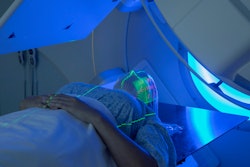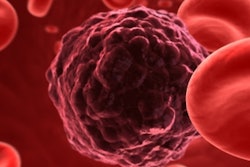
The common dental numbing agent lidocaine triggers specific bitter taste receptors in the mouth that may ultimately lead to the death of head and neck cancer (HNC) cells, according to a preclinical study recently published in Cell Reports.
The increased expression of these bitter taste receptors has shown a correlation with better survival outcomes among individuals diagnosed with HNC, according to the study.
“This paper solves a long-standing mystery of how lidocaine, but not many other anesthetics with similar Nav (volted-gated sodium) channel blocking ability, activates apoptosis in some cancer cells,” wrote the authors, led by Dr. Ryan Carey, assistant professor of the Perelman School of Medicine at the University of Pennsylvania (Cell Reports, November 22, 2023).
Treatments like surgery, radiation, and chemotherapy often lead to side effects that negatively affect patients’ quality of life. Lidocaine, which is commonly used as a topical or injectable local anesthetic, therefore may be a less invasive treatment option.
Bitter taste receptors (T2Rs) are expressed in head and neck squamous cell carcinomas, and T2R activation can induce apoptosis or cell death. Calcium ion overload, which can result in cell death when it produces reactive oxygen species that damage biomolecules and inhibit proteasome, is the mechanism that allows lidocaine to activate bitter taste receptor 14 (T2R14), which is elevated in various cancer cells, according to a university press release.
To further understand these mechanisms, researchers screened lidocaine against all 25 T2Rs and found significant activation of only T2R14. The activation of this receptor causes apoptosis, or cell death, they wrote.
The study had limitations, including the lack of an in vivo model. These studies are needed to explain the role of tumor cell-expressed T2Rs versus immune cell-expressed T2Rs, which may also affect cancer outcomes, the authors wrote.
“While we’re not suggesting the lidocaine could cure cancer, we’re galvanized by the possibility that it could get an edge on head and neck cancer treatment,” Carey said in the release.




















